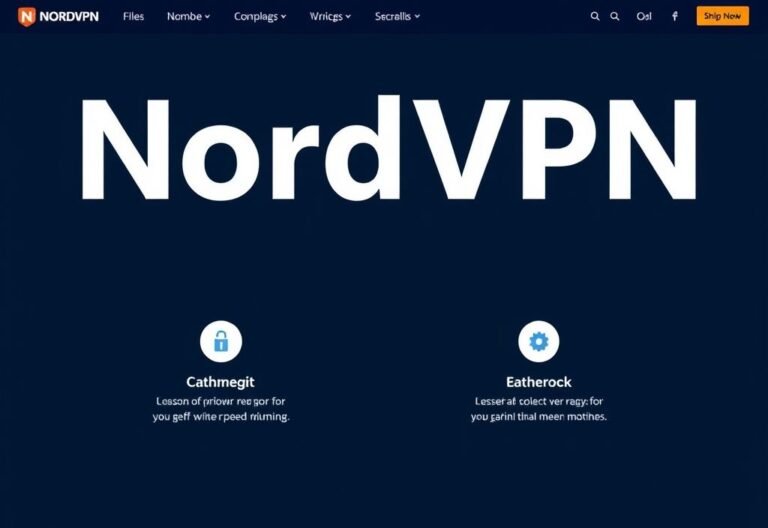
Why Vulnerability Assessments Are a Must for Every Business
Cyber threats are no longer just a concern for big corporations — they’re a reality for every business with an online presence.
Hackers are constantly finding new ways to break into systems. And whether you run a small shop or manage a large enterprise, your digital infrastructure is at risk.
That’s why vulnerability assessments are more than just a best practice — they’re a necessity.
Some businesses skip these assessments thinking they’re too small to be targeted, too busy to schedule one, or that it’s simply not worth the cost. But the truth? Skipping them could end up costing you far more in the long run.
Let’s take a closer look at what vulnerability assessments are, why they matter, and what happens when you ignore them.
What Is a Vulnerability Assessment?
A vulnerability assessment is a structured process used to identify, classify, and prioritize weaknesses in your IT systems — before attackers can exploit them.
These assessments typically uncover issues like:
- Outdated software
- Weak access controls
- Poorly configured networks
- Known security flaws
Once found, these gaps can be addressed before they become real problems.
Why You Can’t Afford to Skip Them
🔍 1. You Don’t Know What You’re Missing
If you don’t actively look for vulnerabilities, how will you know where your risks lie? Ignorance might feel safe — but it leaves your business exposed.
💸 2. Prevention Beats Paying the Price Later
The average cost of a data breach now exceeds $4.45 million — and it’s rising fast. A simple vulnerability scan can help you avoid expensive breaches, downtime, and legal penalties.
📜 3. Many Regulations Require It
Whether you’re handling customer data, payment info, or health records, many compliance standards (like GDPR, HIPAA, PCI-DSS) require regular vulnerability checks. Failing to meet them can result in fines and loss of trust.
🤝 4. Customers Expect It
When clients and partners know you take security seriously, they’re more likely to trust you with their data and business.
🛡️ 5. It Strengthens Your Overall Defense
Vulnerability assessments aren’t just about fixing problems — they’re about building a stronger, smarter security strategy over time.
Think You’re Not a Target? Think Again
Small and medium-sized businesses are actually more likely targets for cyberattacks than large enterprises. Why? Because hackers see them as easier to breach.
Even if you don’t store sensitive data, your network could still be used as a stepping stone for attacks on others — making you an accidental part of something much bigger.
The Real Cost of Doing Nothing
Ignoring vulnerability assessments can lead to:
- Data breaches exposing customer and employee information
- Financial losses from ransom payments, legal fees, and lost productivity
- Reputational damage that takes years to repair
- Loss of competitive edge due to operational disruptions
In today’s digital economy, cybersecurity isn’t optional — it’s essential.
How Vulnerability Assessments Work
A typical assessment includes:
- Scoping : Define which systems and assets will be tested.
- Scanning : Use automated tools to detect known vulnerabilities.
- Analysis : Prioritize findings based on severity and impact.
- Reporting & Remediation : Get a clear list of issues and steps to fix them.
Regular assessments ensure your defenses stay strong as threats evolve.
Protect Your Business — Start Today
Vulnerability assessments are not a one-time task — they should be part of your ongoing cybersecurity strategy.
By identifying and addressing weaknesses early, you’ll:
- Reduce the risk of cyberattacks
- Keep sensitive data secure
- Stay compliant with industry regulations
- Build trust with customers and partners
Don’t wait until it’s too late.





